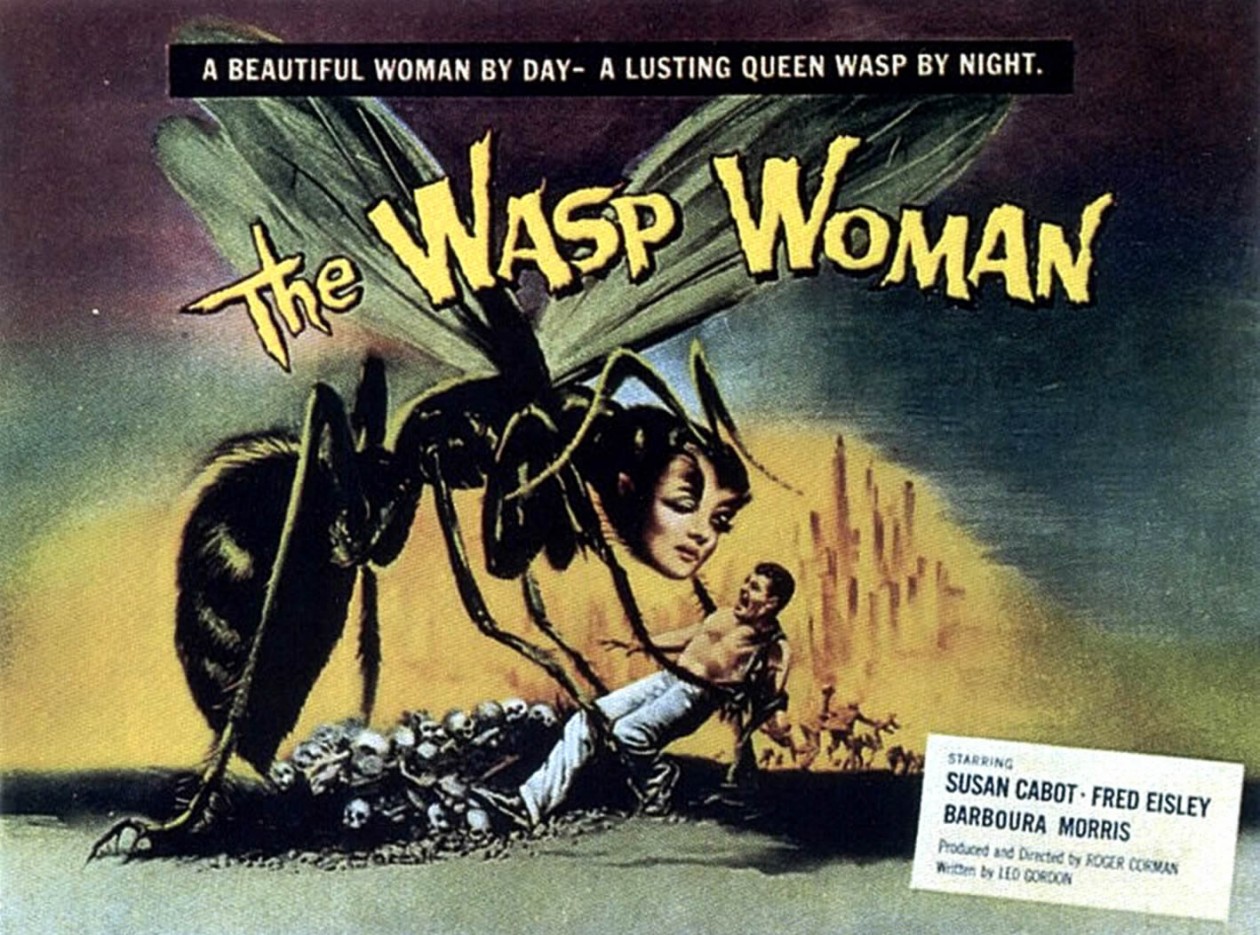In response to the video we watched on Friday’s class, I think that it is interesting that this woman from the video is so concerned with the notion that a privileged white woman had to speak for the black women, but can she not understand that although this might be offensive/oppressive, it makes a statement about the oppression that black women faced at the given period of time this film was set in. And yes, the other types of violence in the film were also underrepresented But can she not understand that this is a film and that for the length that it was there wasn’t much time to explore all types of racial oppression. The screenplay was obviously written in such a way to tell ONE story, not all of them. (I’m not saying that those other stories/issues are not important, but I think it’s ridiculous that she would expect one movie to capture every instance of violent racial oppression)
I can see how certain stereotypes came into play in this film. But she doesn’t understand that this is a film based on historical figures/events. The screenwriter and director had to embrace the fact that maybe certain things that we consider offensive stereotypes now, were normal things to be talked about at that given point in time. I think it would be ridiculous to expect that something like that would be completely overlooked when trying to write a historically accurate screenplay. (I’m not trying to reinforce those stereotypes, but I’m noting that those things are hard to avoid when diving into another period of time.)
Also, I think it is important to understand that because feminism has become such a loaded term, I don’t think it is fair to just have a feminist reading of a film. There needs to a set definition of how the analysis will be produced. Are we looking at gender? Are we looking at race? What are the socioeconomic condititons at the time of this film in which the content is based? And how that be applied to the way we will critique the film now?
So it is not fair to just look at a film based on one type of “feminism” but rather look at the film with an appreciation for the fluidity of the term feminism, not only now, but also how it has changed over time. (For example, Did black feminism exist at the time this film was based? If not, why would it be assumed that such principals would be included in that film?)
The reason that I bring up the multitude of definitions of feminism is because this video made me think back to the first day of class when we went around the room and shared our own definition of feminism. An experience like that shows how that word can be defined differently. And those different definitions can also shape the way that we apply those principals to film analysis. Although it might be hard to come to one solid definition of feminism, I think that when you approach a film from a feminist analysis it is important to consider how this term can be defined so differently in the analysis you create.
